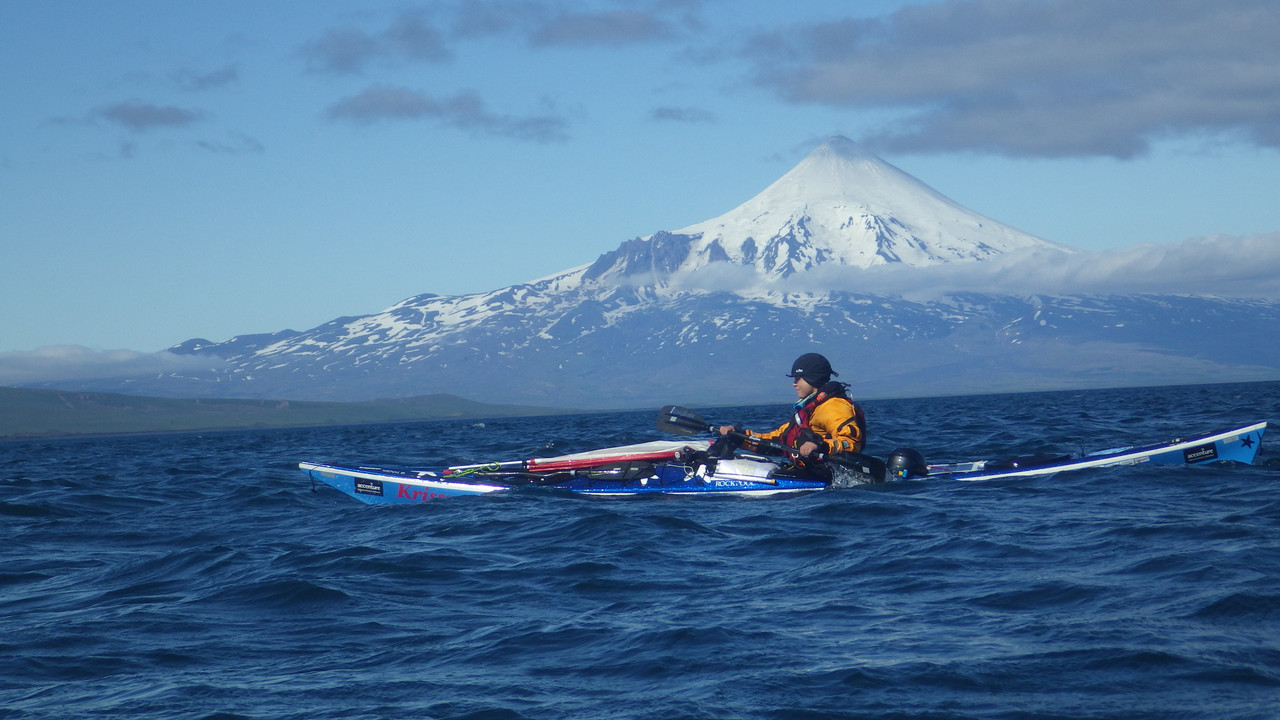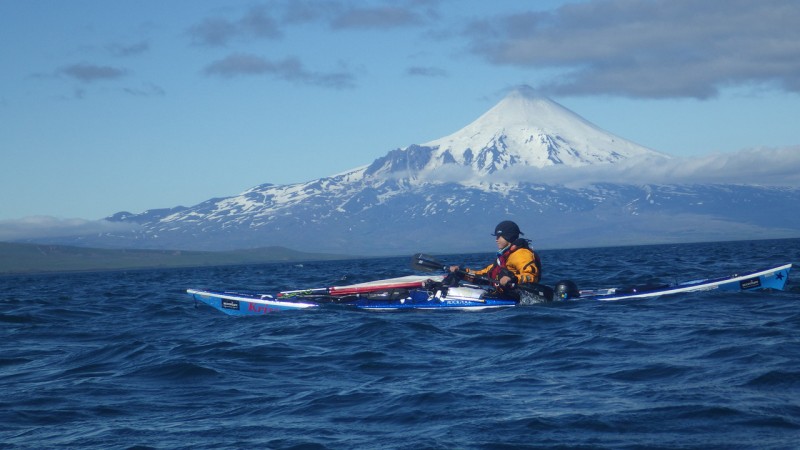Reel Paddling Film Festival returns to Waterloo


In an age of constant connectivity and access to technology, going to a film festival about canoeing, kayaking, stand-up paddling, camping and fishing seemed like a break from the daily buzz.
Held at the Princess Cinemas on March 24, Rapid Media’s Reel Paddling Film Festival is touring for its 11th year. The festival is a unique event for residents in Waterloo Region due to its backcountry appeal in a city quickly becoming more modern and global, while also situated in one of Canada’s richest canoeing and kayaking provinces.
The event featured a handful of selections from the festival’s repertoire for the year, ranging from simple five-minute reflections on the art of canoeing to half-hour epics about month-long expeditions in the wild. Each film discussed humanity’s connection with nature, whether that be celebratory or more of a warning for action against major industries such as logging or mining.
Paddle to the North was one of the most impactful of the selections in this respect. It dealt with paddlers from all over the world going on a canoe trip in the Yukon to raise awareness of the precious Peel watershed, which is facing destruction due to government legislation.
The typical canoer or camper was not referenced in these films. Each story was extravagant and fulfilling, leaving your average camping trip in the dust with ease.
Films did not show typical canoe trips or fishing expeditions. Instead, each piece needed to be worth its price of admission. While not many people in the Region would have completed life-threatening challenges, the distanciation each film provided helped the film festival remain a film festival, even with its natural ties.
Among the more notable mentions in the festival, Kayaking the Aleutians focused on two female explorers making their way across the sparse island chain from Russia to Alaska — an extremely dangerous task due to the area’s unpredictable weather. The amount of risk in the film both distanced and astounded the audience and renewed an adventurous spirit in those safe within the theatre.
Some films, on the other hand, simply flaunted their quality and didn’t deliver meaning. These films showcased expert filmmaking without any connection to the nature they wanted to film. Ironically, these films would not have been successful had the nature filmed been anything short of breathtaking.
A standout example of this was Beyond Definition, whose vague title gave way to vaguely inspirational jargon about what paddling does to the mind while showing extremely well-choreographed shots of a man kayaking through a variety of landscapes. Additionally, Expedition Q told the story of two couples on a canoe trip in such a way that the film did not have any cohesive or binding thought, preferring to overlay any message with gorgeous scenes of the Canadian wilderness.
These films made appreciating the art of canoeing, kayaking and camping harder to grasp and appreciate.
In this respect, technology and the natural world will only create something meaningful if they respect each other and help us learn more about our world in a humbling manner.


